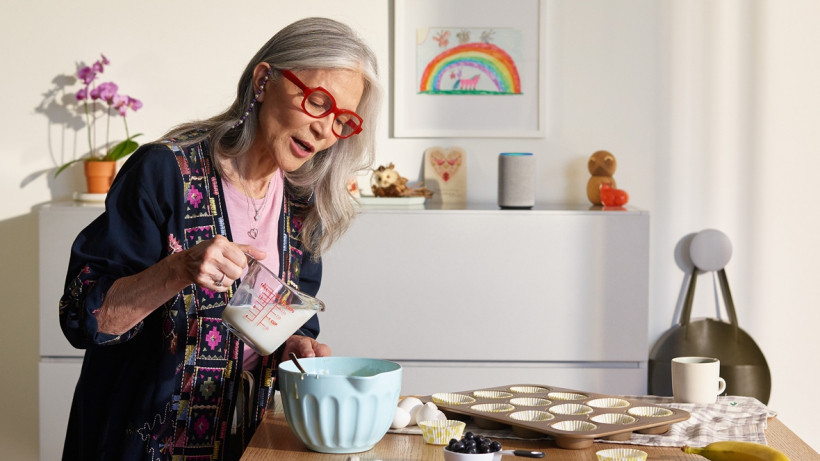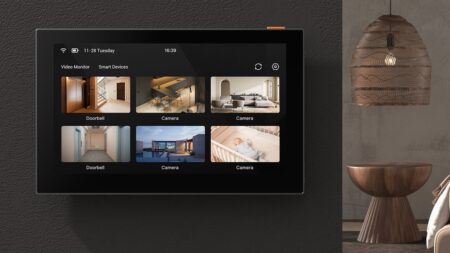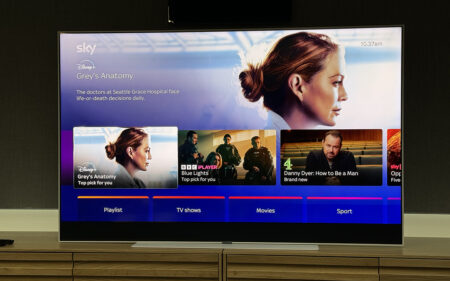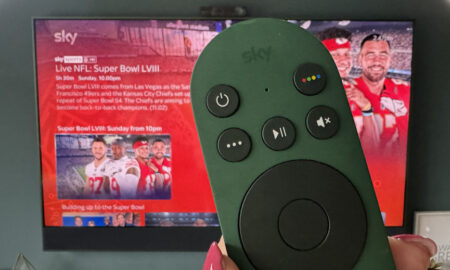How voice and automation can help the people who need it most
Every year, millions of older people in the US are injured — some critically or even fatally — by a fall. For those 65 years old and up, one out of five falls can cause a serious injury such as broken bones or head injuries. For Robert McCarthy*, an accident that befell his mother demonstrated just how vulnerable the elderly can be to injury, even in the comfort of their own homes.
“My mother fell in her house and dislocated her hip,” said McCarthy. “She was lying on the floor for hours because she couldn’t reach her phone.”
Read this: What happens when virtual assistants go down
Incidents like these can lead to a loss of independence for the elderly. His mother eventually returned home, but the incident prompted McCarthy and his brother to provide her with a voice assistant in case of any future emergency.
“My brother put an Amazon Echo in the house, so when she says ‘Alexa, help,’ it rings her care provider,” he said. “She spent three hours trying to crawl to the phone [when she fell], and now she only needs to say ‘Alexa, help.’”
Feeling connected
The rise of smart home technology has allowed us to automate simple tasks like switching on the lights and turning up the heat, but its potential for healthcare applications has largely remained untapped. But as adoption continues to increase — for instance, 20% of US Wi-Fi households now have a smart speaker, which translates to 18.7 million homes — more opportunities will arise for voice assistants and other home-based technology to enhance the patient experience.
“As we’ve moved to more outcomes- and value-based care rather than fee-for-service, there’s a much more well rounded view of what it takes to keep a patient healthy,” said Chris Steel, global head of healthcare at PA Consulting Group. “There’s a need to make sure people are happy in their environment and at home.”
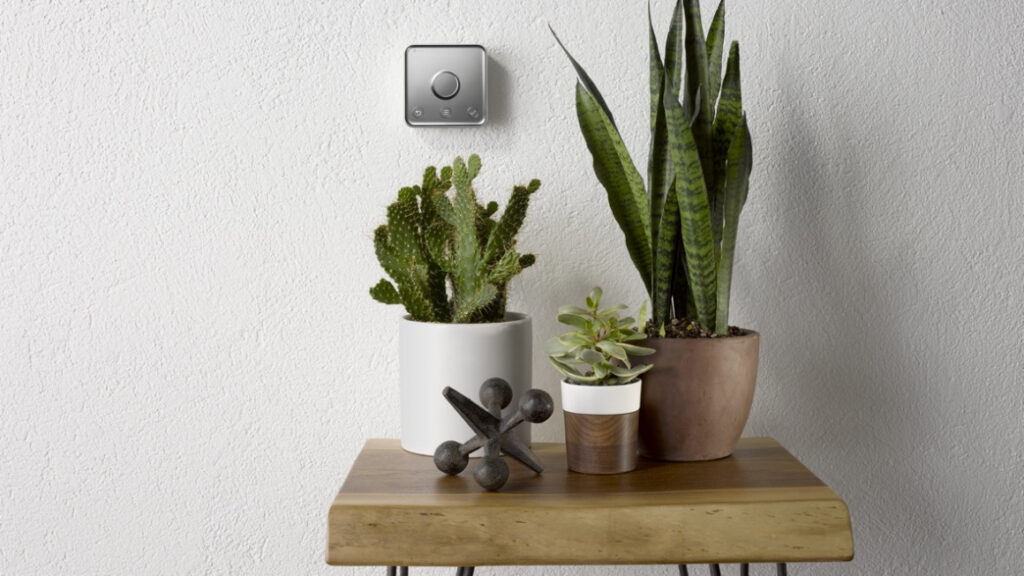
As with McCarthy’s mother, voice assistants in particular have the ability to help individuals with little to no mobility — for example, seniors, adults with disabilities, and patients with certain chronic conditions. If Amazon Alexa or Google Assistant allows them to easily control their environment through voice, they may feel more in control, remain independent for longer, and experience reduced feelings of social isolation.
Carlsbad by the Sea, a retirement community near San Diego, launched a pilot program last year that deployed 15 Amazon Echo devices and compatible smart home technologies (e.g. smart plugs, smart thermostats) into residents’ homes. Most used Alexa for simple things like streaming music, listening to audiobooks and keeping up with the news. Three-quarters of participants used their smart devices at least once a day, and all the residents said Alexa overall made their lives easier. More than 70% also noted that they felt more connected to family, friends and the community since the start of the Alexa pilot.
Apps for meds and appointments
“Having a voice-activated environment is particularly useful in a healthcare context. It’s one thing to be able to open and shut your curtains, but it’s another in terms of boosting someone’s social well-being,” said Steel. “That’s what these technologies are bringing, and they are really a game-changer.”
Just recently, we’ve seen news of an Amazon patent that would allow Alexa to make judgements on users’ moods and wellbeing, offering suggestions around medication and activities. Steel mentions that a handful of startups are already developing their own services off the back of existing voice assistants. Two Boston-based companies, Orbita and LifePod, specialise in voice assistant solutions to improve the quality of life for patients.
LifePod provides seniors with helpful reminders to take their medication or leave for a doctor’s appointment via compatible smart speakers. Orbita has created what it calls “a conversational platform” for healthcare that harnesses the power of artificial intelligence.
The company has collaborated with the Mayo Clinic to provide first aid advice for anyone with an Alexa-enabled device and also recently partnered with Megan Huisingh-Scheetz, a physician at the University of Chicago Medical Center, to test a web app/smart voice tool to support long-term activity and social engagement among older adults.
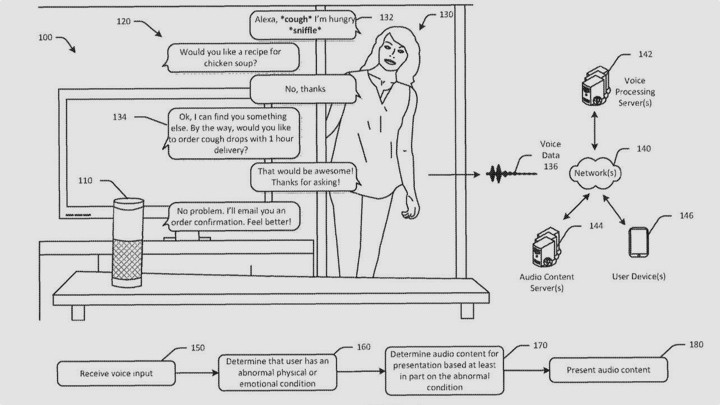
Shaking up clinical trials
Another aspect of healthcare that will likely shift due to the rise of smart home technology is the way that clinical trials are performed. Litmus Health, a company headquartered in Austin, TX, helps researchers running early-stage clinical trials by collecting patient data from a host of wearable tech and smart home sensors. Then its data science platform allows them to monitor study progress and analyse the data with complex algorithms.
“Smart home technology and wearables are going to revolutionise clinical trials,” said Samuel Volchenboum, pediatric hematologist/oncologist and co-founder of Litmus Health.
Volchenboum and his colleagues are currently running a trial with the University of Chicago testing the effects of activity, sleep, and diet on patients with inflammatory bowel disease. Instead of having them fill out paper surveys in the lab, they gave the participants Fitbit activity trackers and a smartphone app.
“This whole concept of transitioning from sickness to wellness and keeping patients out of the hospital — I think a lot of that is going to rely on our ability to engage patients through sensors and wearables,” said Volchenboum.
Similarly, he foresees voice assistants being used so patients can easily record their meals (e.g. “Alexa, I just had spaghetti and meatballs for dinner.”) and other information not easily trackable with a lifestyle wearable device. Their study has already enrolled close to 200 patients and hopes to reach 500 in the first phase. He says: “It’s going to utterly transform our ability to monitor patients at home in ways that we couldn’t before.”
*name changed on request.


